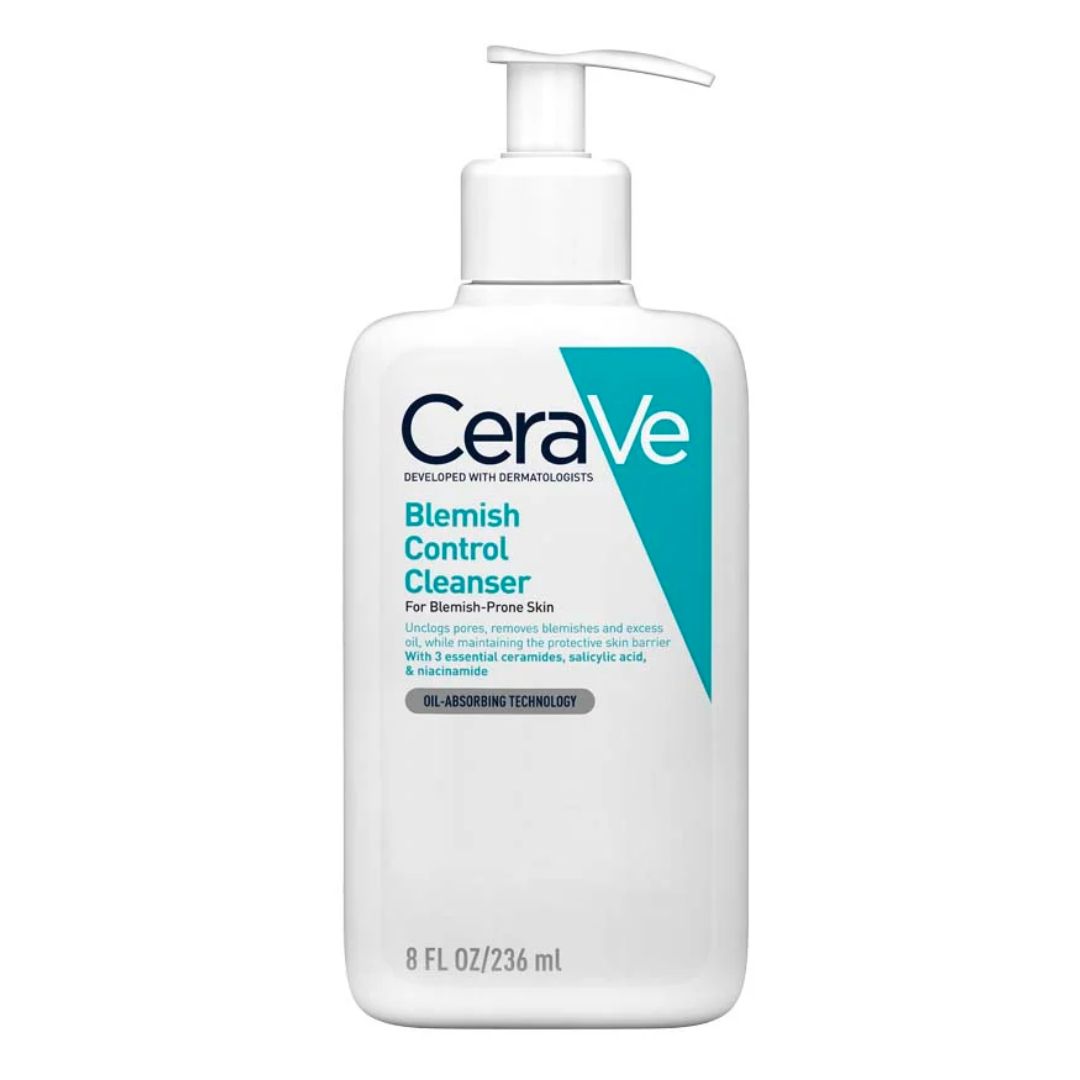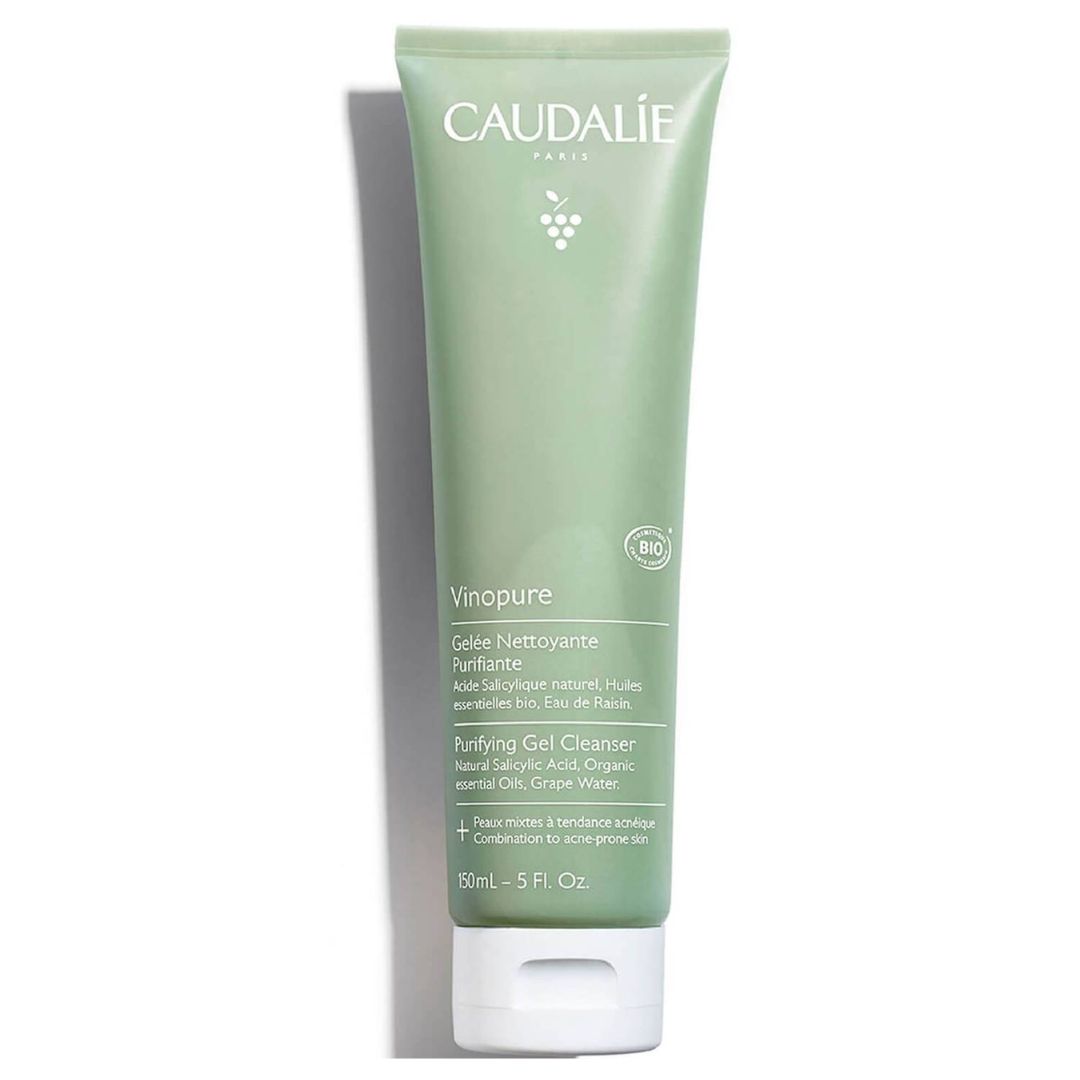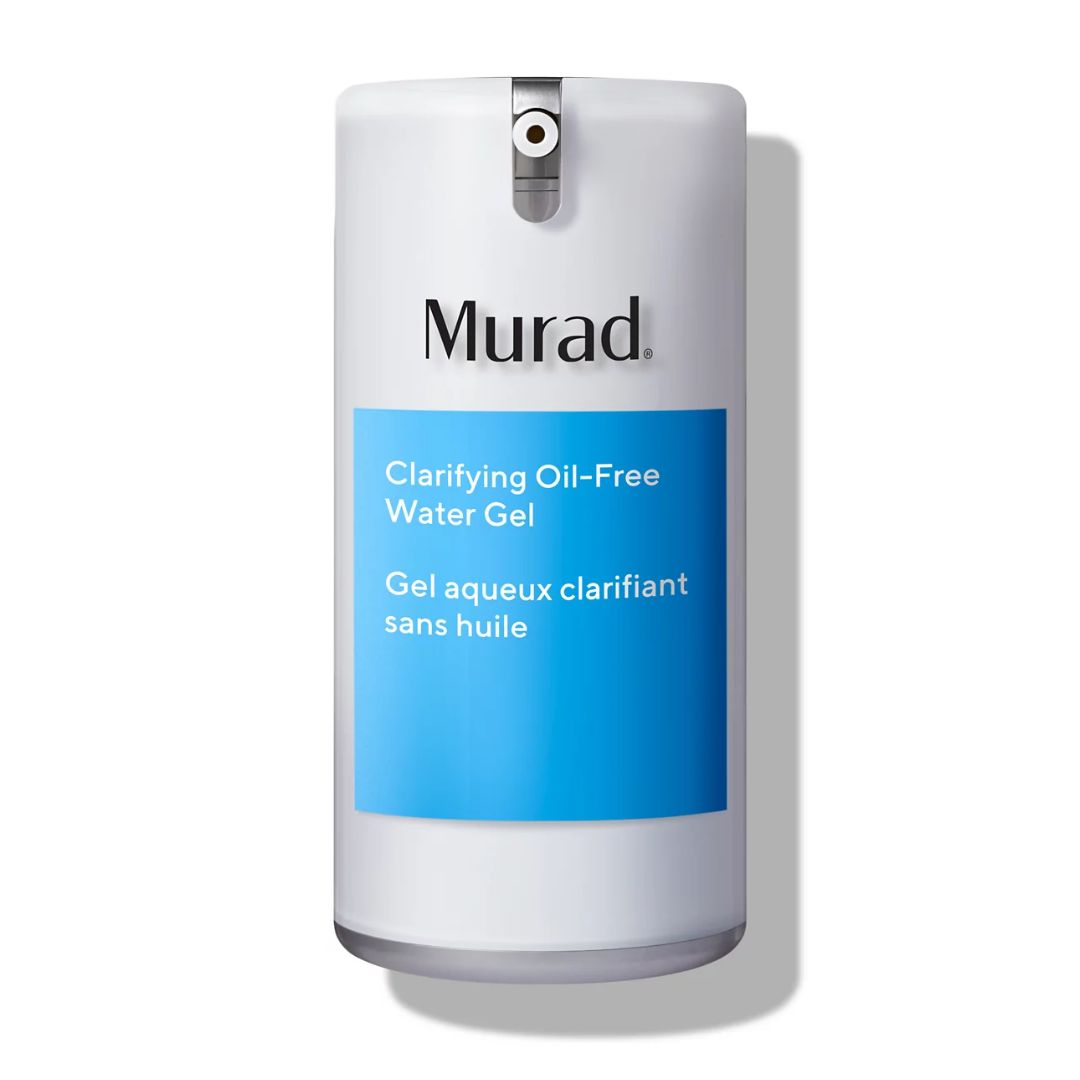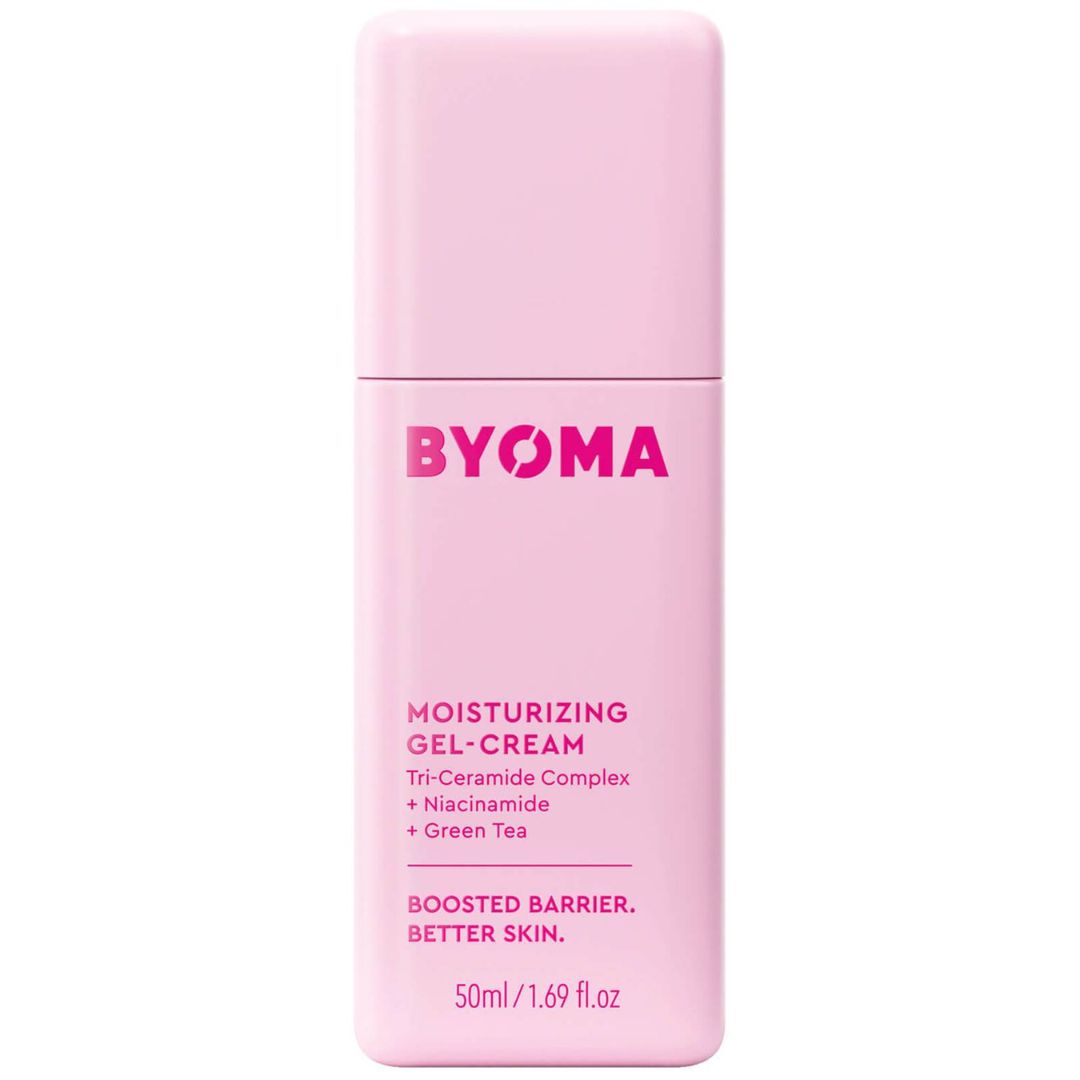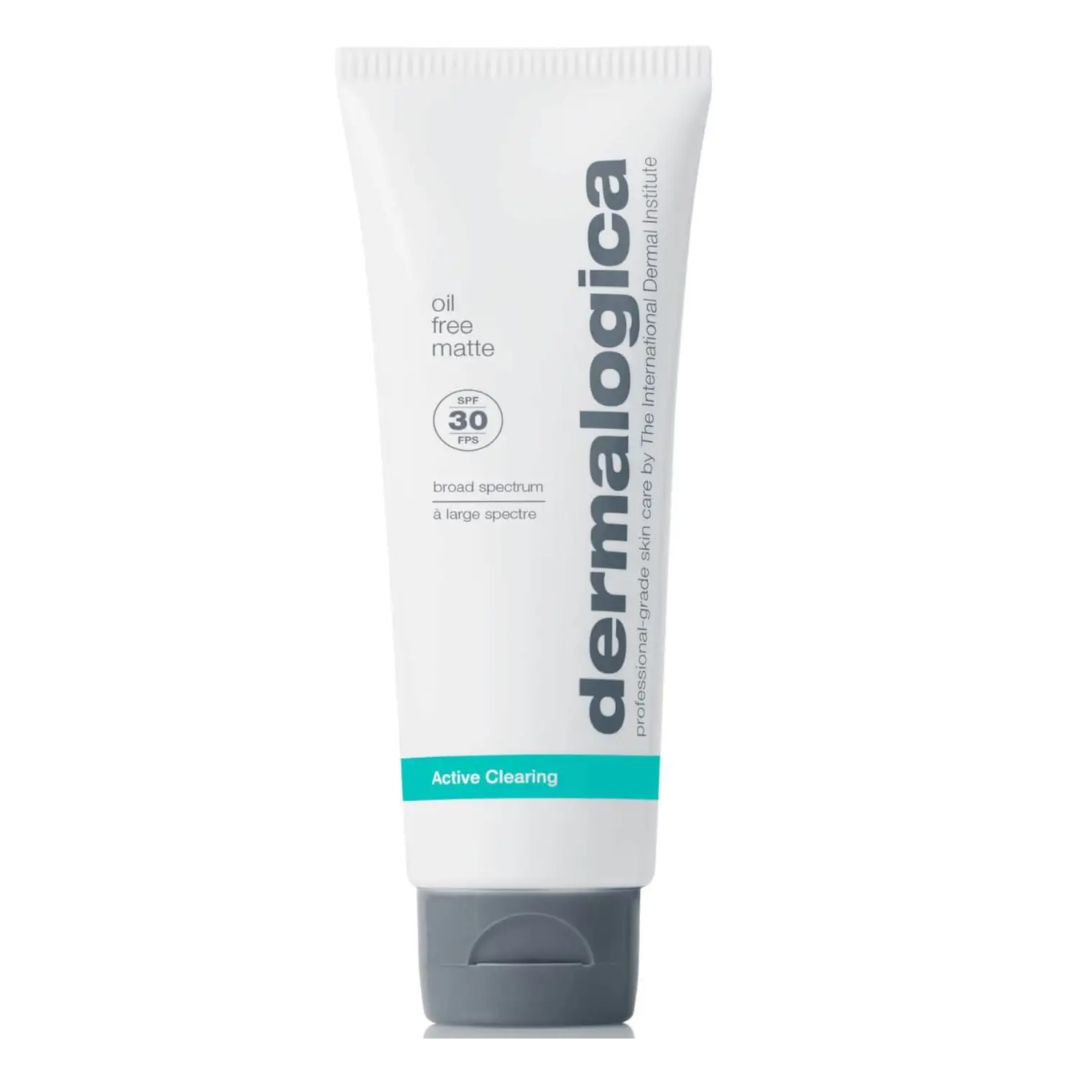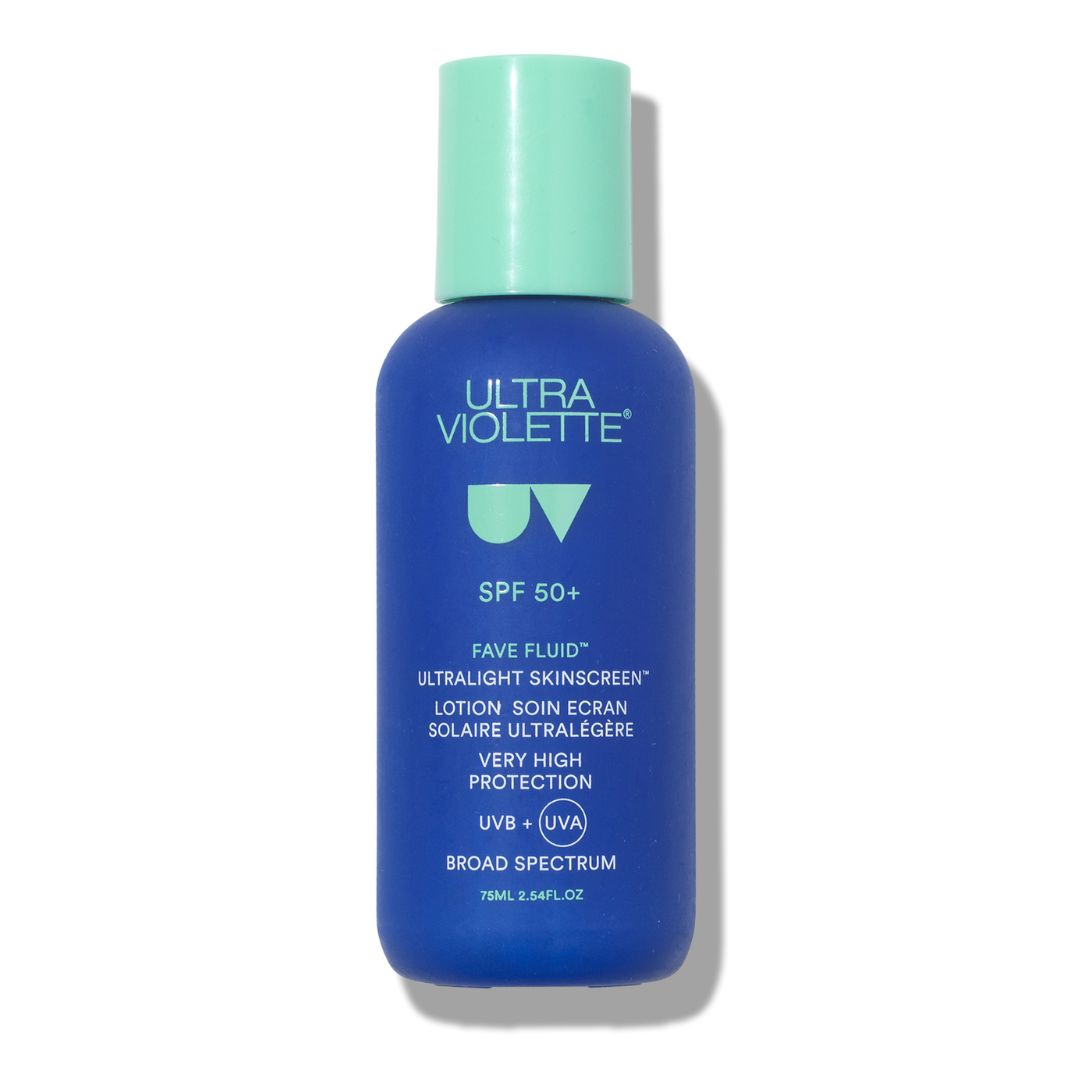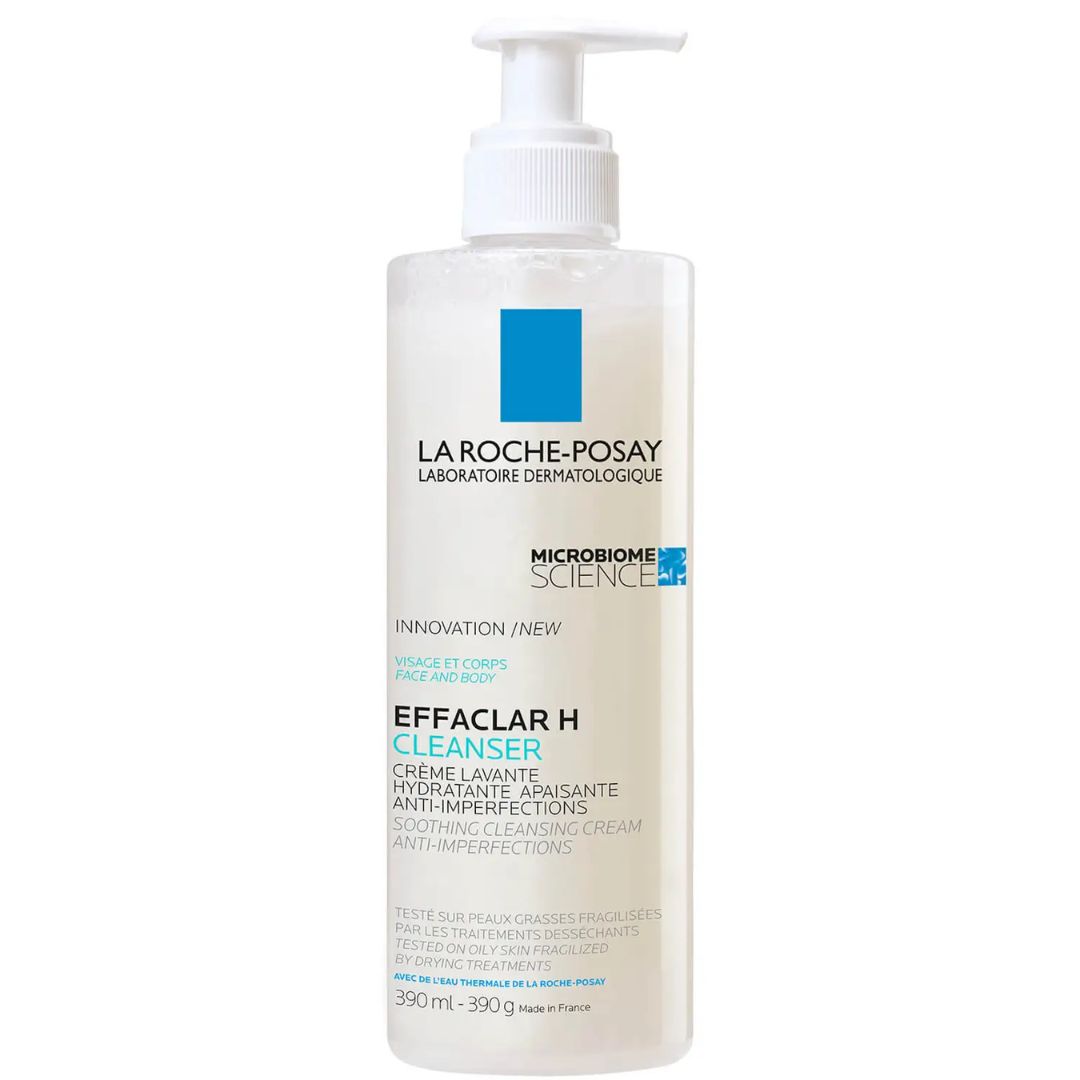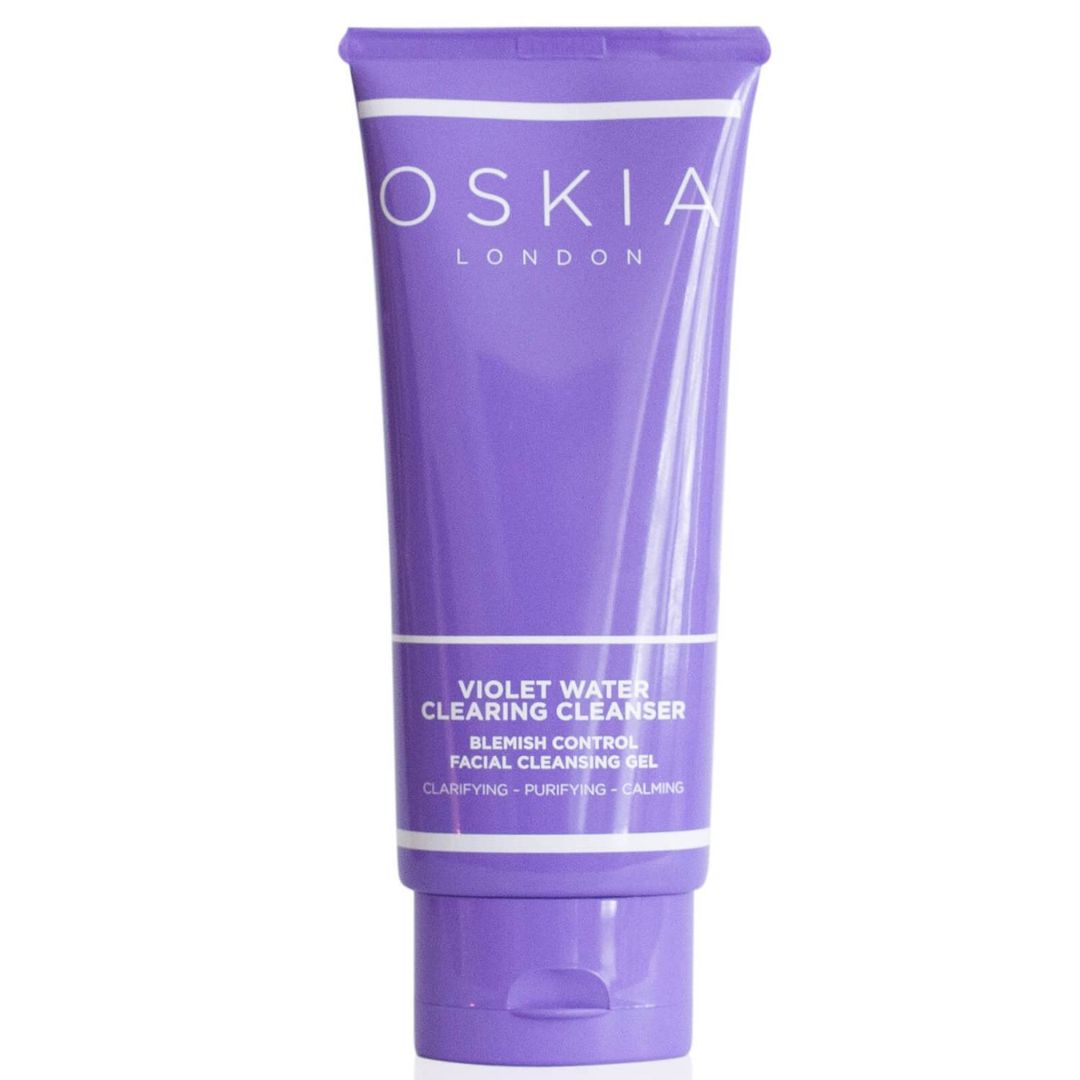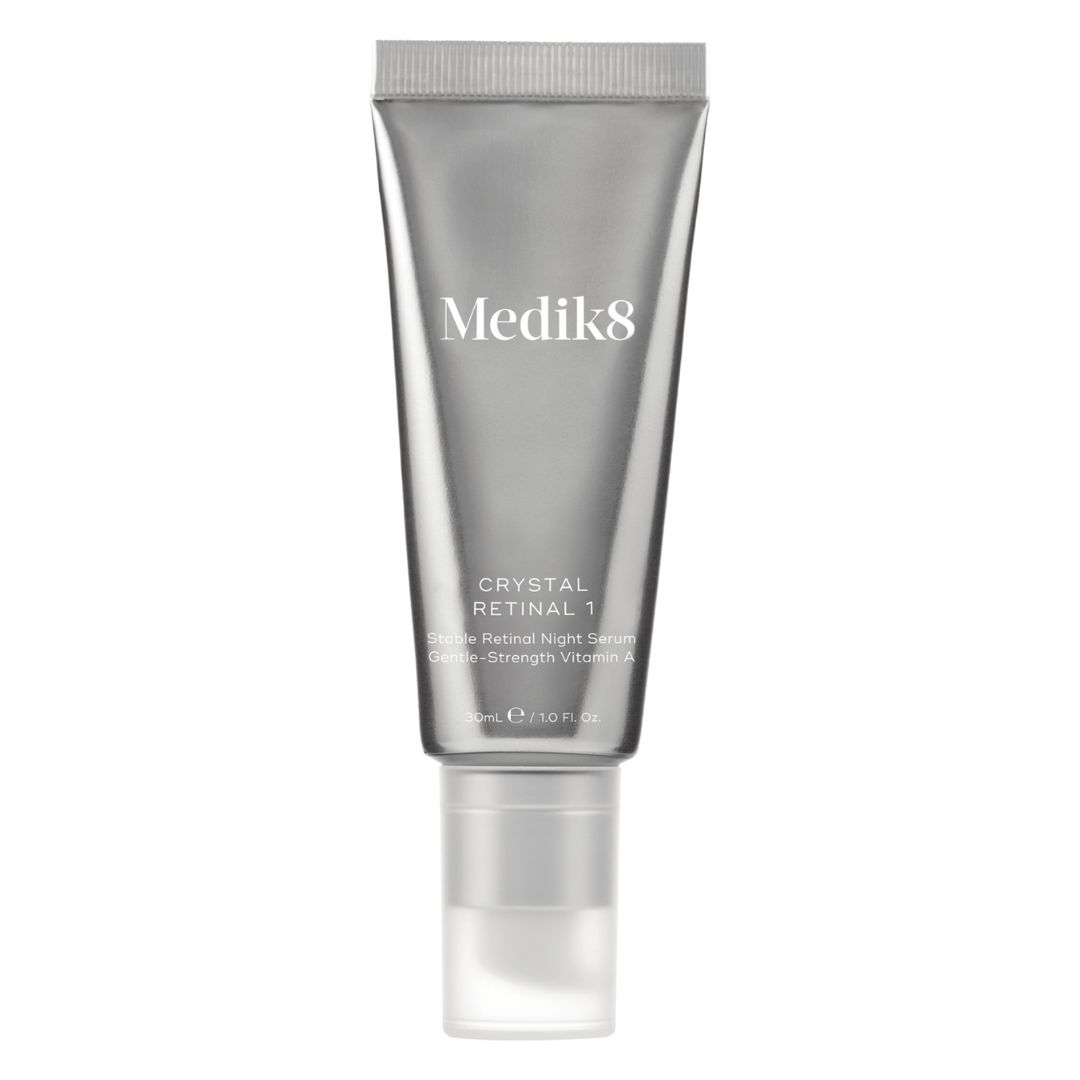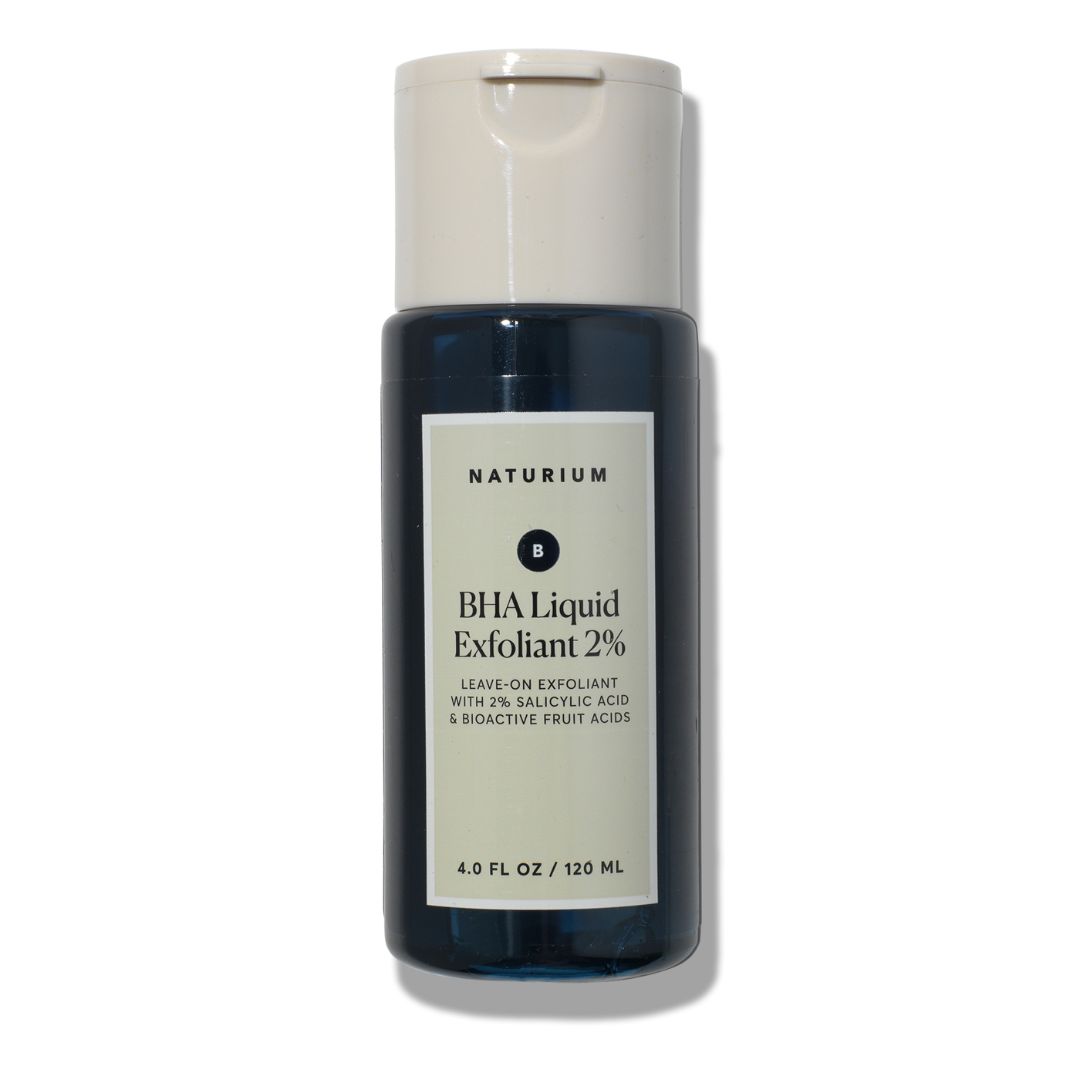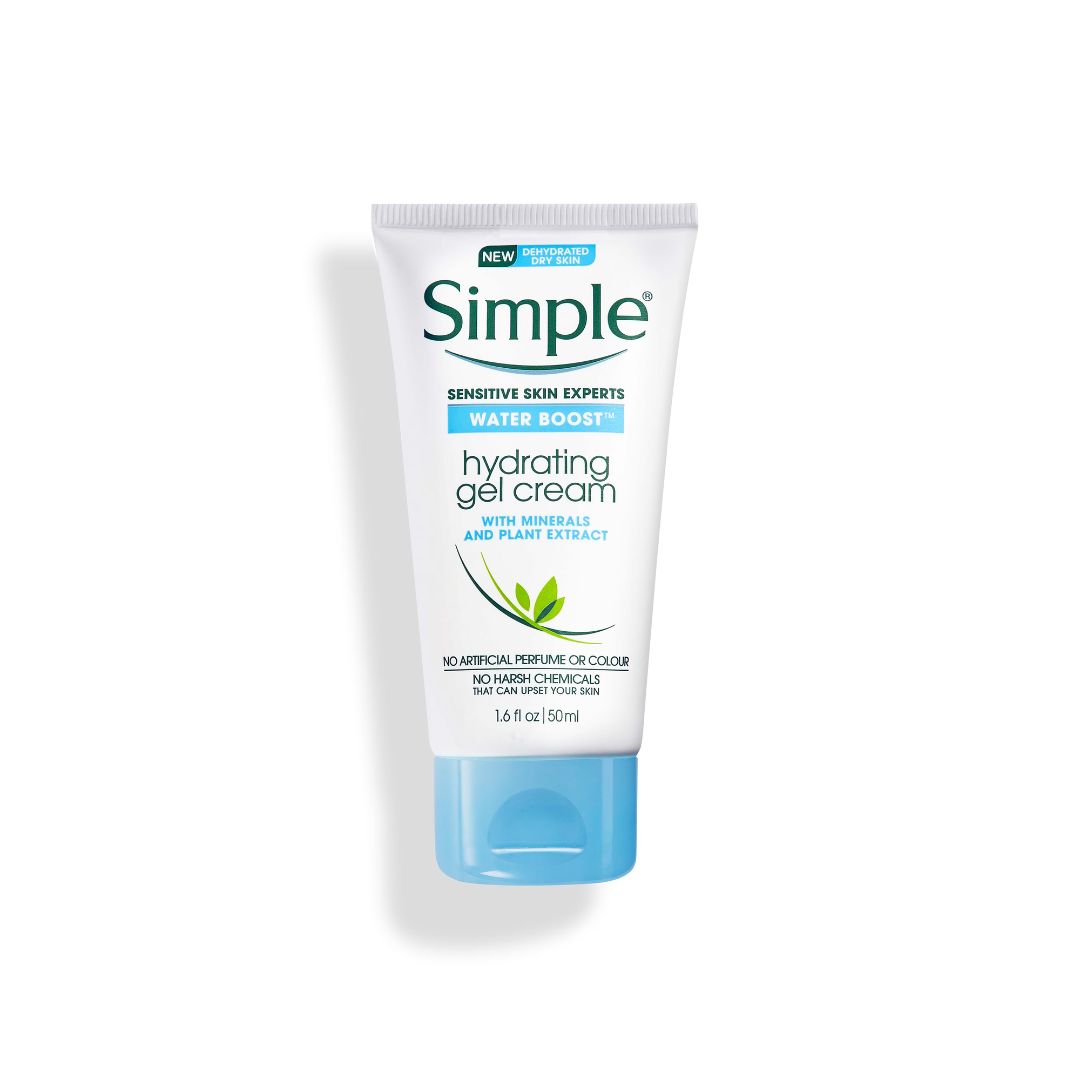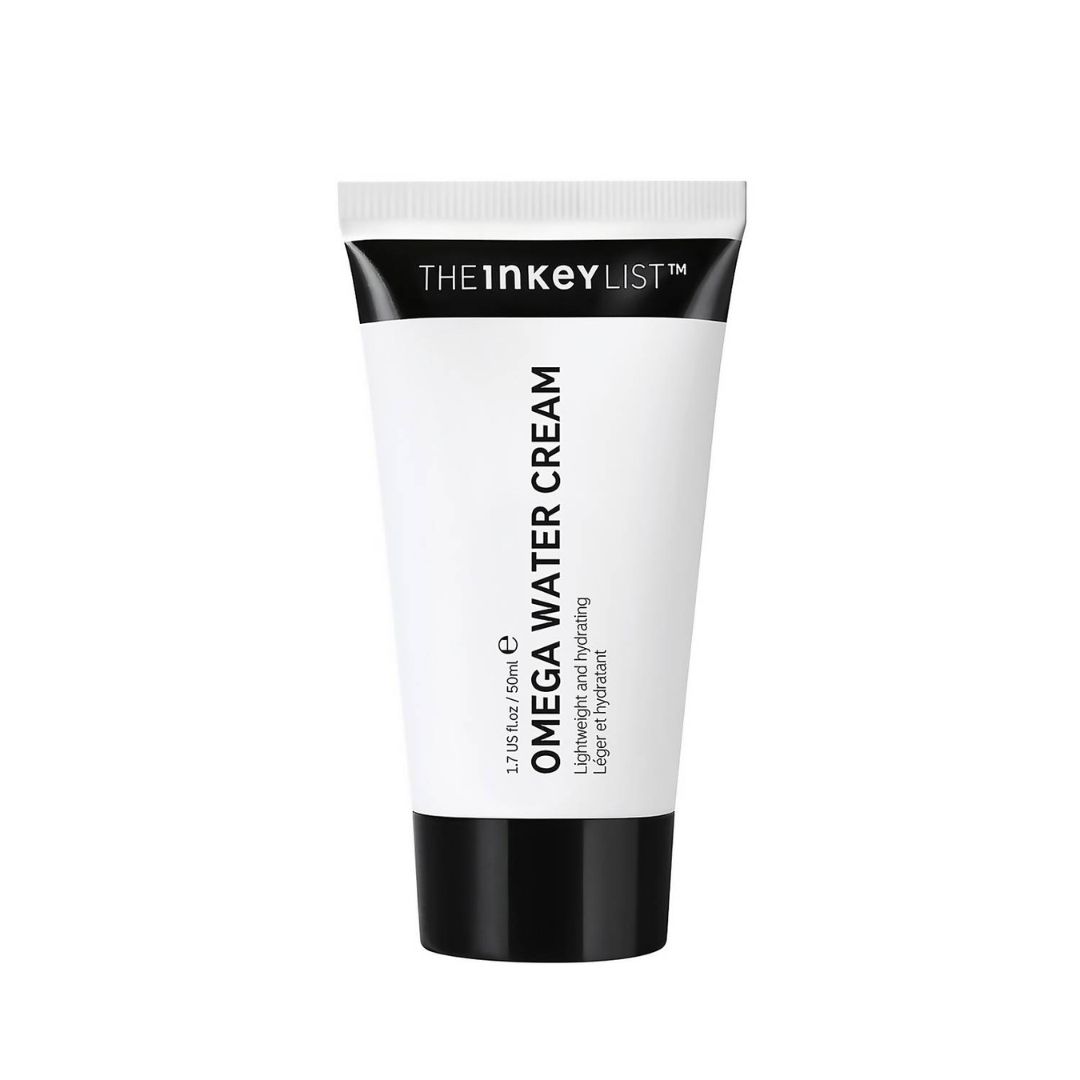According to an expert this is the best acne skincare routine - and these are the 12 best products to use
And it's as easy as 3 simple steps

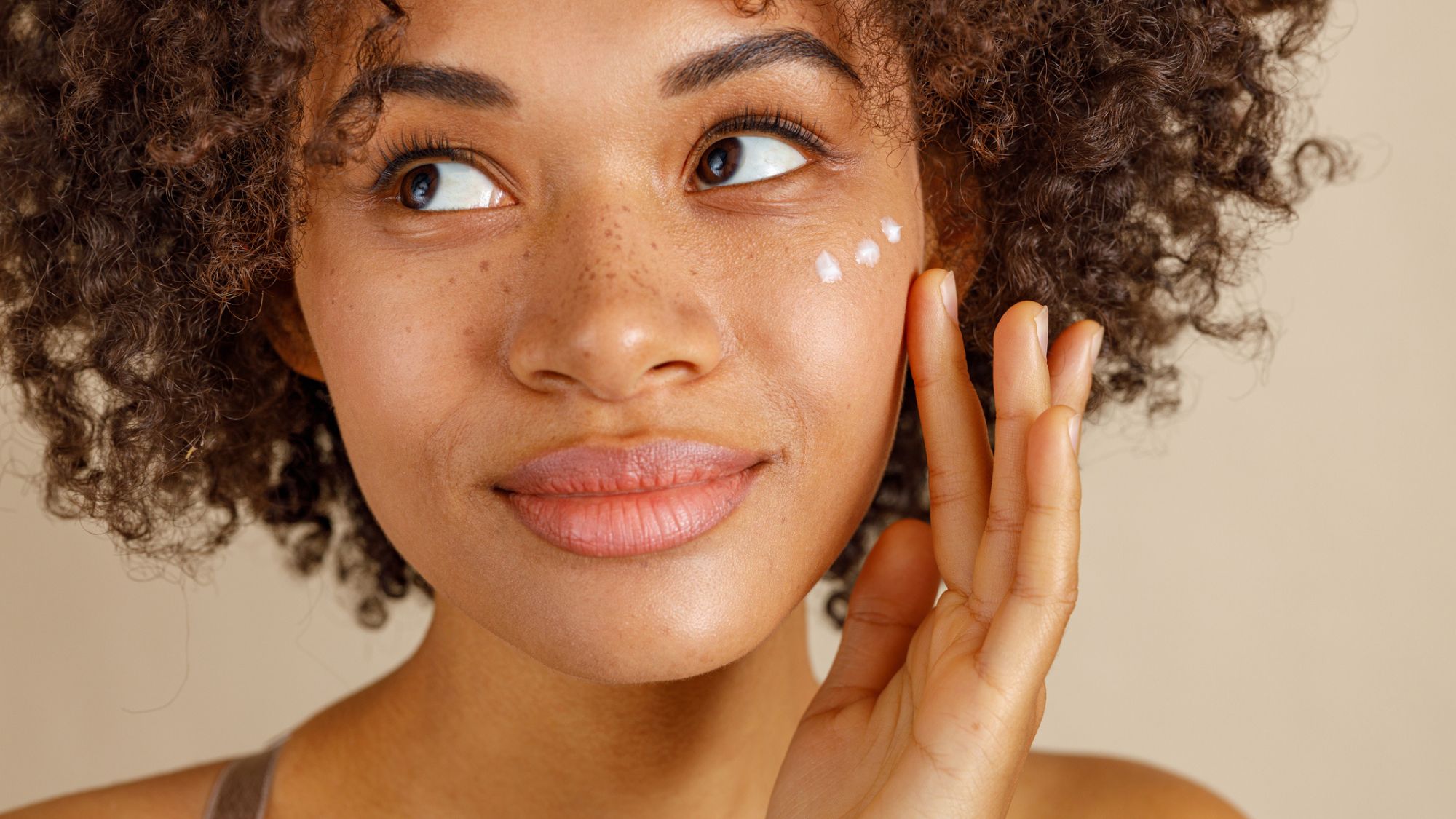
Celebrity news, beauty, fashion advice, and fascinating features, delivered straight to your inbox!
You are now subscribed
Your newsletter sign-up was successful
As someone who has had acne since my teenage years—I’m talking uncontrollable hormonal breakouts, painful pustules, and recurring blackheads—I truly understand the frustration that can come with looking after your skin to seemingly no avail. Of course, the best option if you’re concerned about your skin is to see a dermatologist—but waiting times can be long if you manage to get a referral from your doctor and private appointments are understandably expensive. So, instead of turning to Google and the limitless amount of conflicting advice online, I thought I’d do the hard work for us all and sit down with a GP to talk about all things acne. And, thankfully, Dr Sonia Khorana, a GP and Cosmetic Doctor with a special interest in dermatology, was only too happy to oblige.
Ahead, Dr Sonia breaks down the three steps that we should all be following in our acne skincare routine—morning and night—as well as the best ingredients for acne-prone skin and the ones best avoided entirely.
What ingredients are most effective for an acne skincare routine?
Before we get into the skincare steps, I thought it was important to get a steer on what ingredients we should be seeking out for an effective skincare routine—and it’s clear that there’s one ingredient which should be taking centre stage. “BHA’s like salicylic acid are a key ingredient for acne,” says Dr Sonia “I’d recommend choosing a cleanser containing it and using a salicylic acid toner two or three times a week. Salicylic acid helps tackle excess oil and unclog pores, which really helps with breakouts.” If you have really sensitive acne-prone skin? Dr Sonia suggests trying an AHA instead, like lactic acid or mandelic acid, which are often more gentle. When you’re dealing with particularly inflammatory acne and active breakouts, Dr Sonia suggests seeking out cleansers containing benzoyl peroxide which kills acne-causing bacteria. Plus, ingredients like niacinamide to help regulate oil production, sulfur to absorb excess oil, azelaic acid which is an anti-inflammatory ingredient, and retinoids to increase the turnover of skin cells all come with Dr Sonia’s recommendation.
Are there any ingredients that should be avoided in an acne skincare routine?
There is a lot of scaremongering out there about ingredients that can cause spots and exacerbate breakouts, but Dr Sonia has a surprisingly refreshing take on things. “I don’t really like advising people to avoid ingredients or demonising ingredients,” says Dr Sonia. “It’s important to note that there aren’t nasty ingredients in your skincare, but different skin types suit different ingredients.” Having said that, Dr Sonia does suggest skipping products containing coconut oil which is comedogenic and cocoa butter. But her best advice is to seek out oil-free and non-comedogenic products which won’t clog pores. In terms of the acne skincare routine itself? Dr Sonia suggests keeping things simple and following a three step routine both AM and PM.
Morning Routine
1. Cleanse
Personally, I’ve always cleansed my face in the morning but I’ve read lots of things in the past suggesting acne-prone skin should skip this step. Dr Sonia is an advocate for twice-daily cleansing though. “It's particularly important to cleanse your skin if you’re oily/acne prone,” she says. “It helps to combat excess oil and gets rid of excess dirt, debris and sweat.” Lightweight gel cleansers, foaming textures and salicylic acid-infused formulas are a great choice.
2. Moisturise
This is where some skin types would typically add in an active serum or a treatment step, but for acne-prone skin it’s actually best left to the evening. Instead, Dr Sonia recommends using a non-comedogenic moisturiser. “A moisturiser may be the last thing you’d think of using when you have acne as lots of people worry it will make them greasy or break out, but if you’re using acne treatments then your skin might be feeling quite dry. Look for moisturisers with ingredients like hyaluronic acid, glycerin, niacinamide and ceramides “to protect your delicate skin barrier”.
3. SPF
Every GP, dermatologist and skin expert that I've ever spoken to has always stressed the importance of wearing SPF each day—and it's even more crucial for acne skin type. "Post-inflammatory hyperpigmentation and erythema from previous acne lesions or from picking at acne or pimples is quite common," explains Dr Sonia. "It is important to use SPF to help with these but, and protect your skin from the sun. Wear sunscreen with SPF 30+ daily, rain or shine, to prevent darkening of these spots."
Celebrity news, beauty, fashion advice, and fascinating features, delivered straight to your inbox!
Evening Routine
1. Cleanse
The same as with your morning routine, Dr Sonia stresses how important cleansing your skin of an evening is so important to rid your skin of all the dirt and debris that you've encountered throughout the day. "It is important not to over wash, though, as this can impact your skin barrier negatively and also contribute to breakouts," she advises. You can stick with the same cleanser as your morning routine, but of a night I personally prefer textures that are a little more luxurious—maybe cleansing creams or thicker gels to remove makeup and grime.
2. Treat
This is the part of your acne skincare routine where you can really focus on treating the skin and calming breakouts. "Serums with retinoids, benzoyl peroxide and BHA’s can be very useful for acne-prone skin," explains Dr Sonia. "Salicylic acid is also great as it works by softening and dissolving keratin, a protein naturally found in the skin that can block pores by causing skin cells to stick together." If you're new to any of these ingredients then Dr Sonia recommends starting with a low concentration of the active ingredient and using it just once or twice a week, then building if you find that your skin is tolerating it well.
3. Moisturise
Same as with your morning routine, Dr Sonia advises that using a moisturiser will keep dryness at bay and calm any irritation caused by any active treatments. Keeping things somewhat fuss-free and basic at this stage is a good rule of thumb if you are applying following a particularly hardworking serum.

Mica Ricketts is a freelance beauty editor and contributor to Marie Claire. She has written for titles including Refinery29 and Who What Wear UK, and also works with beauty brands on content messaging and marketing copy. She was previously Who What Wear UK's beauty editor. As someone that has tried basically every acne product on the market, she has a particular passion for debunking skincare myths and finding products that work. Plus, with two small children at home she is all about time-saving beauty routines that boost glow and disguise dark circles.
